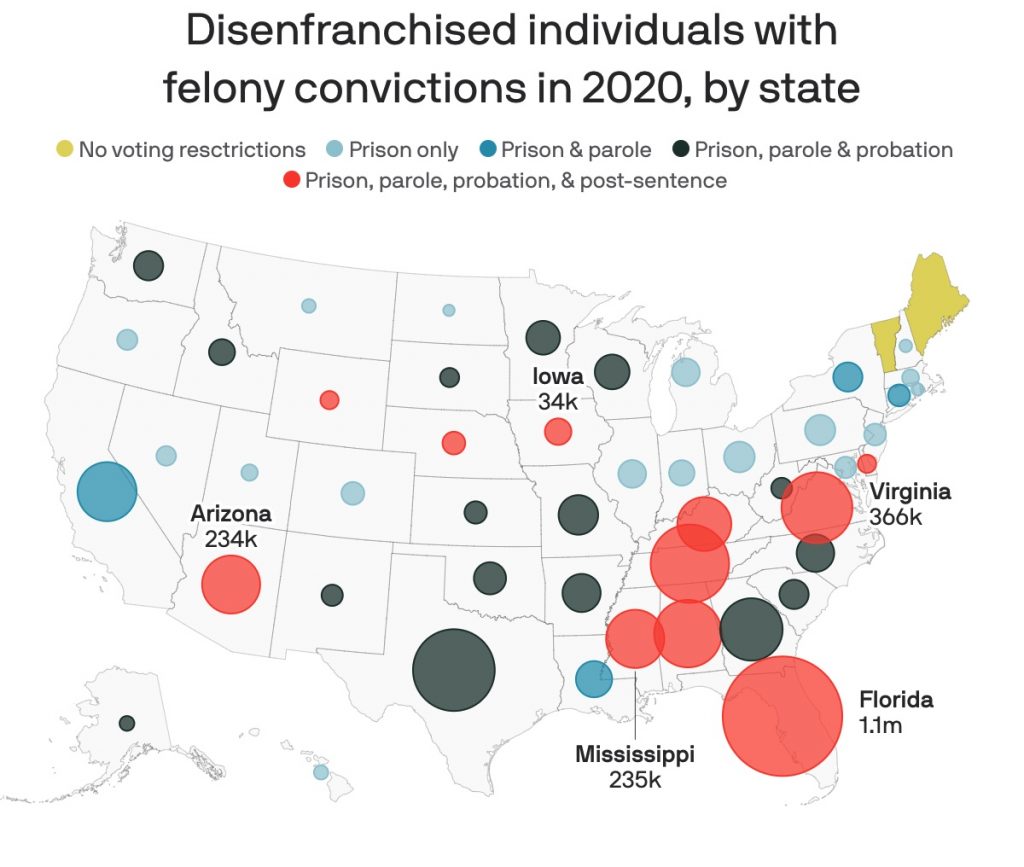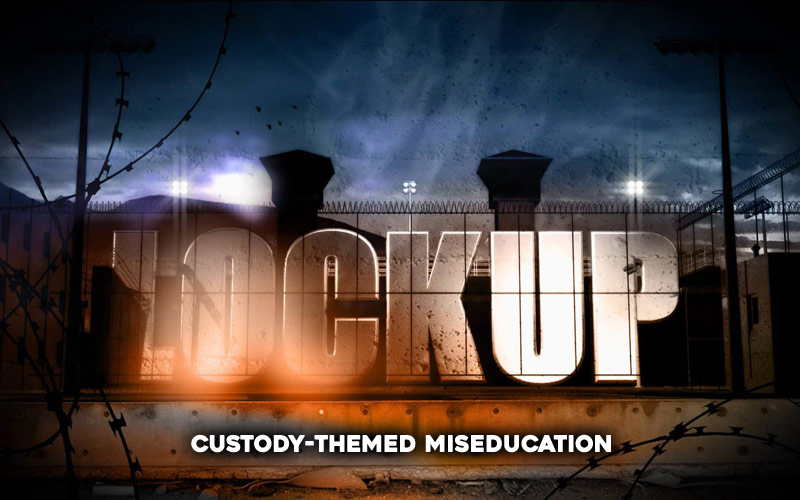Truck Dicks are old news that’s been kicked upstairs.
As of this week, they’re no less than Shock Troops.

The armed Texas Trump Train that reportedly outnumbered police 50-1 while surrounding a Biden campaign bus on a Texas highway has received their leader’s eager endorsement. Drivers of giant pick-ups, particularly those with confrontational or tantrum-like adornments, will now be lumped in with political vultures who have essentially become a Storm Division.
The galloping neuroses of men in monster trucks has never been more conspicuous or weaponized.
Already at ease with their cartoonish potency, Truck Dicks have achieved hero status of the “stand back and stand by” variety. Also, they’re probably relieved to have found purpose for their Ford Platinum Super Duty F-350 MSRP of $87,110. What third wife is gonna nag her celtic-tattooed mid-lifer about that monthly $967 insurance/car payment combo while they’re leading the most American parade since the Lafayette Welcoming of 1824?
Yup. Trump’s magic wand again, the meatball stick waved over empty heads. POOF! Knighthood!
Oh, I don’t mean every mega-truck owner is susceptible, but aren’t the cop groupies who yammer on about law enforcement (as though it were a life form) the easiest of Trump’s recruits? You know, the Dave & Buster’s dadbods whose rigs are too clean to be hauling America-building payloads like in the commercials?
I’m talking about the aging flat brimmers who mansplain about the bells ‘n whistles of doom survival. They swear that 700 pounds per foot of rear-wheel torque and a 40-gallon diesel gas tank are the only things standing between their families and any number of possible human extinction scenarios. Yeah, those 5’5″ fuckers whose flip flops dangle out the door when they fence-hop themselves into the cab.
Not so much guys with the shipyard cred: I mean the haters with the Heineken spread.
It’s almost as if Truck Dicks blossomed at the discovery that they’ve been driving Somali Technicals to Lowes and the bullet store. Their 18-guage steel tiger-cobra-rhino-dominators are now platforms for select historical celebrations, looter hunting, and ideological policing of all sorts. It doesn’t help with their child support payments, but hey, “blood purge.” USA! USA! USA!
If it weren’t for Donald Trump, some of these men might be relegated to the usual parking lot small-penis appraisals. But after ganging up on and endangering the passengers of an election campaign bus, who knows? There may be an Executive Order in their future, one mandating that “Intimidation Performance” be considered in the assessment of full-size pick-up resale value.
Here is our Where Excuses Go to Die screen-grab tribute to the men, trucks, and flags of MAGA enforcement.
























